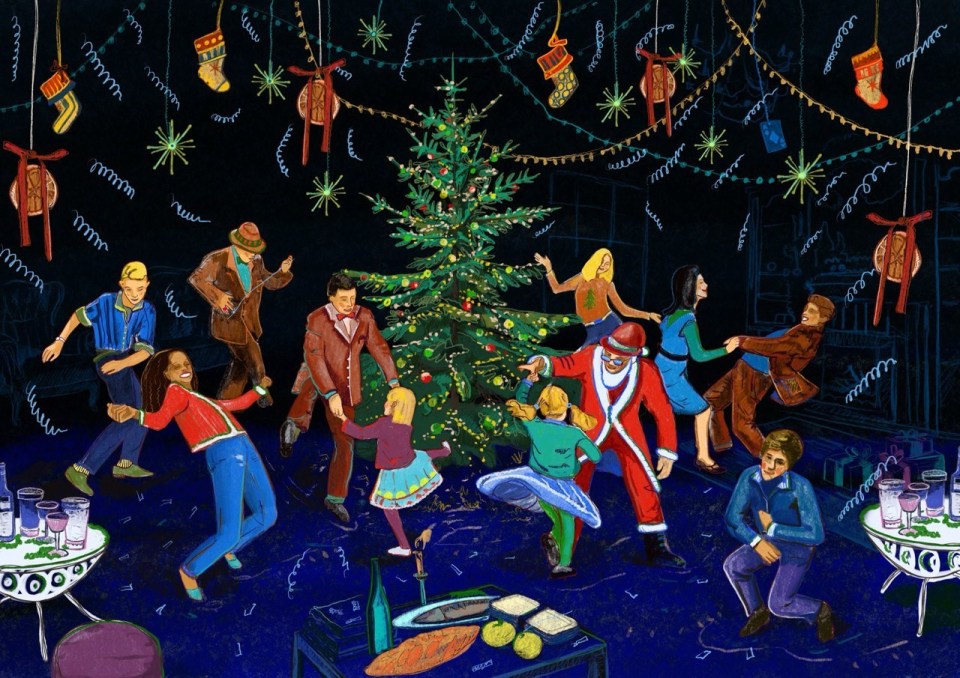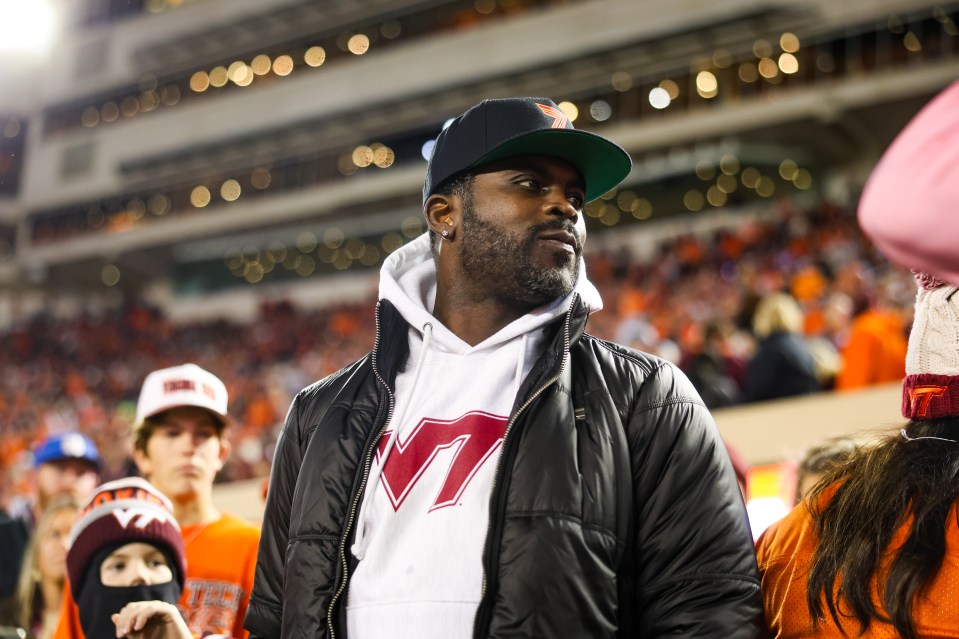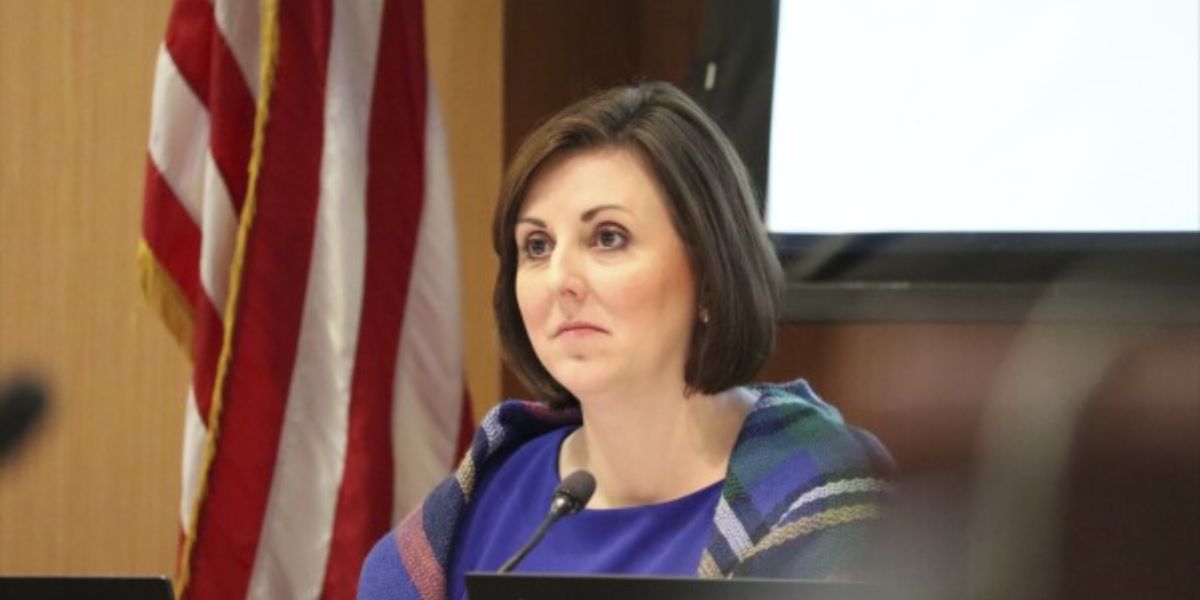Educational Autonomy Challenged: SC Board of Education’s Final Say Contested
A proposal to establish a statewide mechanism for contesting books in South Carolina’s public schools and give the State School Board final authority on parent complaints has been completed for the year.
A House panel addressed Wednesday a regulation issued in February by the South Carolina Board of Education that prohibits “sexual conduct” from appearing in library books, textbooks, or other teaching materials. It also establishes a uniform complaint mechanism for parents who believe their school is in violation. Local school board decisions can be appealed to the state for a final verdict.
The restrictions, which opponents fear may result in the removal of even literary classics, will not go into force unless the Legislature adopts them or does nothing by next March.
Rep. Jeff Bradley, chairman of the House Regulations Committee, stated that legislators need more feedback before deciding what to do. The House panel will most likely take it up again once the 2025 session begins in January.
The state board may potentially revoke the regulations and make revisions before then.
An attorney for the Department of Education stated that the proposal has nothing to do with book bans and instead limits the resources that can be purchased for students’ usage.
“The review of instructional materials in our public schools throughout the state is governed by a patchwork quilt of 80 or more different policies,” Miles Coleman, an agency attorney, informed legislators.
He stated that the state board updated the policy based on testimony presented at its meetings before submitting it for legislative review. However, parents, educators’ advocates, and civil liberties groups argue that the laws still go too far.
“I am concerned that the overly broad language will end up catching a broader net of material than what the department is attempting to address in this regulation,” said Patrick Kelly, a high school teacher and lobbyist for the Palmetto State Teachers Association.
Joshua Malkin, an attorney for the American Civil Liberties Union’s South Carolina chapter, was among those who spoke against the proposal’s definition of “sexual conduct”.
It might imply that works like “The Catcher in the Rye,” “Beloved,” “The Scarlet Letter,” and Shakespeare classics “would be banned for all students across South Carolina,” he stated.
Coleman countered that the Board of Education was attempting to keep things simple to avoid lengthy legal arguments about what did and did not satisfy standards.
“It’s simple enough that it won’t get bogged down,” he assured legislators. Others opposed shifting responsibility away from local education leaders.
School districts with an existing review and complaint mechanism should be allowed to maintain their policies, according to Ryan Bailey of the California Association of School Administrators.
Nonetheless, at least one school board member supported the initiative.
“I am highly supportive of this regulation. Rebecca Blackburn Hines, chairwoman of the Lexington-Richland Five school board, believes we must have a basic framework in place for dealing with books across all districts.
She shared her own experience reviewing a book that was contested in her area.
“The parent had read the book and did read out passages,” she went on to say. “The book material that was read at a school board meeting was so egregious that YouTube censored the passage.”
The post Proposal to give the SC Board of Education final say on book challenges opposed appeared first in SC Daily Gazette.










